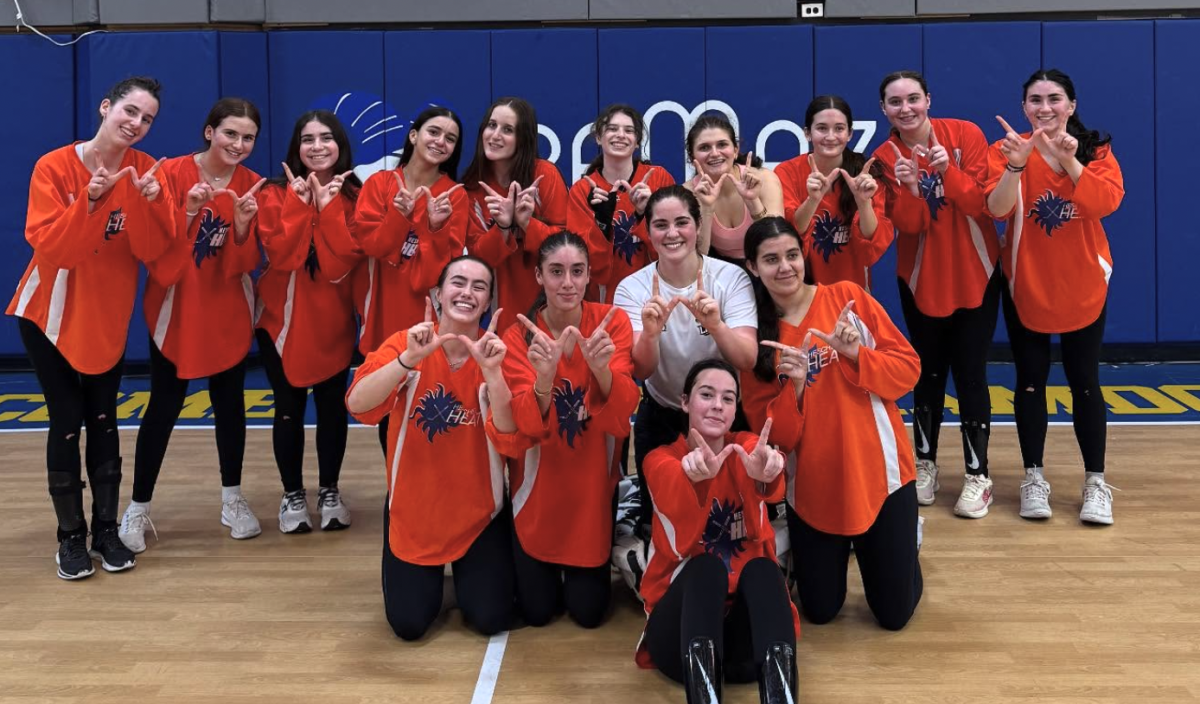The recent schoolwide Town Hall on AI in education brought together students to discuss its role in the classroom. Many raised concerns about its impact on academic integrity, critical thinking, and the learning process. Others questioned whether AI tools make assignments too easy, thereby undermining genuine understanding of the material. Some, however, argued that AI could be a valuable resource, helping students with research, and providing personalized learning support. The discussion highlighted a range of perspectives on how technology shapes education and the challenges schools face in setting clear policies.
What you just read seems like an average opening paragraph to a Helios article, but it is not. It was entirely written by ChatGPT with the prompt, “Write an opening paragraph for a school newspaper article discussing a recent town hall about the use of AI in school.”
Due to their human-like writing, the question of how the school should manage the rising popularity of ChatGPT and other chatbots has only grown more prevalent since the Town Hall. Even though Heschel is considering changing its policy on AI, its current zero-tolerance rule should not be modified.
The dilemma about AI in schools generally focuses on how it interacts and changes the essay writing process. The purpose of essays is to force students to come to their own conclusions by practicing critical and analytical thinking skills. If students were to use AI on these assignments, they would lose the chance to hone these proficiencies.
A great example of assignments meant to enhance these skills are the research papers that sophomores and juniors write each year. The students pick a topic, and by the end of the process, they become experts on the subject. Students learn to conduct their own research, write deep historical analysis, and solidify their writing skills. By using AI, they rob themselves of the chance to improve their competence and experience the rewarding feeling after completing it on their own. In addition to losing the opportunity to sharpen these abilities, without consistent practice, the students risk diminishing the skills they already have.
A 2024 study done for the International Journal of Technology in Higher Education titled “Is it harmful or helpful? Examining the causes and consequences of generative AI usage among university students” shows how the overreliance on generative AI for schoolwork prevents the student from thinking critically and exerting their own memory. The study then goes on to explain that students not performing these tasks in school can cause serious issues such as damaged memory retention and cognitive decline.
Some argue that Heschel should embrace AI, claiming that it’s a reflection of the direction society and the workplace are already moving in. While that may be true for the adult world, it remains crucial for students, who don’t even have fully formed brains, to build these writing skills on their own.


